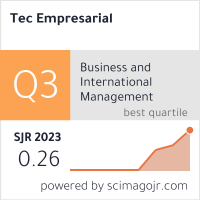ASSESSING THE CRITICAL ISSUES & CHALLENGES IN ADOPTION OF CIRCULAR ECONOMY TRANSITION IN DEVELOPING ECONOMIES
Abstract
The circular economy is one of the most important means of achieving the Sustainable Development Goals. A circular economy is an economic system that aims to get the maximum value or output while producing products with the least amount of waste. Many countries are developing circular economy policies and strategies to promote new business models and encourage innovation. India has been also focusing on various innovative strategies and policies such as Make in India, Smart Cities, and Swachh Bharat Abhiyan to promote economic growth with greater sustainability. The present study attempts to identify and study various critical issues and challenges faced by different sectors in the adoption of the circular economy in India. A detailed literature review has been conducted for the purpose of this study. The findings reveals that technology backwardness and low innovation, lack of quality in the circular product, lack of awareness and knowledge among consumers, suppliers and producers, lack of economic benefits, high investment cost and huge shortage of skilled manpower are some of the key challenges impacting the adoption of Circular Economy (CE) in country like India. The circular economy not only provides economic and environmental benefits but also helps companies reduce dependence on scarce resources and achieve sustainability. The findings and suggestions will help all the stakeholders, like managers, companies, and governments, to find more functional ways or methods for adoption of the circular economy (CE).






